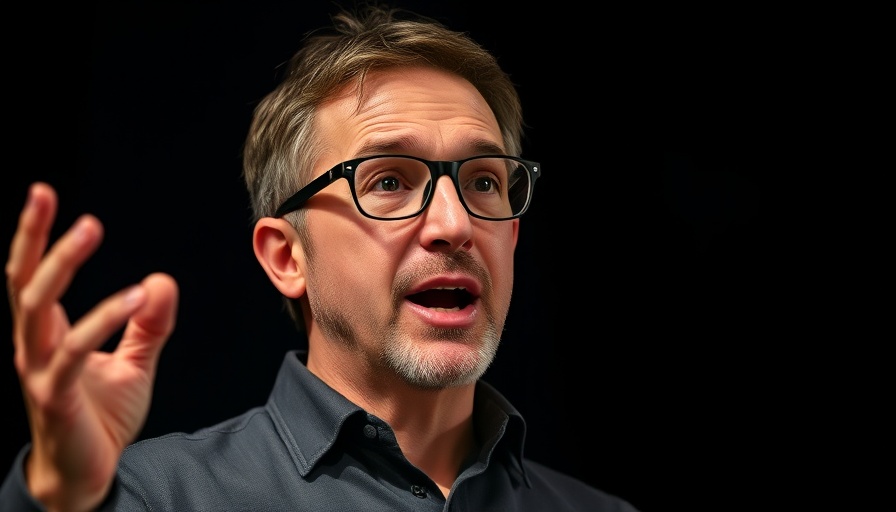
Bill Gates Sounds Alarm Over USAID Scrutiny
In a recent cascade of public statements, Bill Gates has expressed his deep concerns regarding the future of global health funding, particularly emphasizing the potential ramifications of cutting support from the U.S. Agency for International Development (USAID). Gates warned that such a move could result in "literally millions of deaths,'" a statement that raises eyebrows amidst growing scrutiny over USAID's procedures and political affiliations.
Financial Ties and Global Health Initiatives
The GAVI Alliance, which Gates co-chairs, has been a major beneficiary of USAID grants, making it a focal point in the debate surrounding the agency’s funding. Critics of USAID argue that its strong ties to major political donations skew its neutrality and effectiveness in delivering aid. The implications of this scrutiny stretch beyond funding; they question the validity of Gates’ assertions about the dire consequences tied to funding cuts.
The Call for Oversight
As the chatter escalates, influential figures like Elon Musk are pushing for an examination of USAID's operations. Musk has gone so far as to label the agency a “criminal organization,” while Senator Marco Rubio has paused foreign aid allocations pending a deeper probe. This burgeoning call for oversight reflects a growing trend of accountability demanded by taxpayers and citizens aware of the complexities intertwined in global aid.
Gates’ Dilemma: Philanthropy vs. Criticism
For Gates, the criticism is nothing new. He has faced flak not only for his philanthropic endeavors but also for the worldview they promote: a globalist approach that many argue entrenches a specific ideological agenda. The debate hinges on whether his efforts through entities like GAVI truly serve the global health community or primarily protect billionaire interests.
Bracing for Future Implications
The tensions between Gates and critics surrounding USAID funding raise important questions about transparency in funding mechanisms. Observers speculate that ongoing scrutiny could lead to serious implications for international health initiatives, possibly redefining the relationship between billionaire philanthropists and public agencies.
The unfolding scenario presents an opportunity for individuals and communities alike to engage in informed discussions about the role of philanthropic institutions in politics and healthcare—a dialog crucial to shaping the future of global health initiatives.
 Add Row
Add Row  Add
Add 




 Add Row
Add Row  Add
Add 



Write A Comment